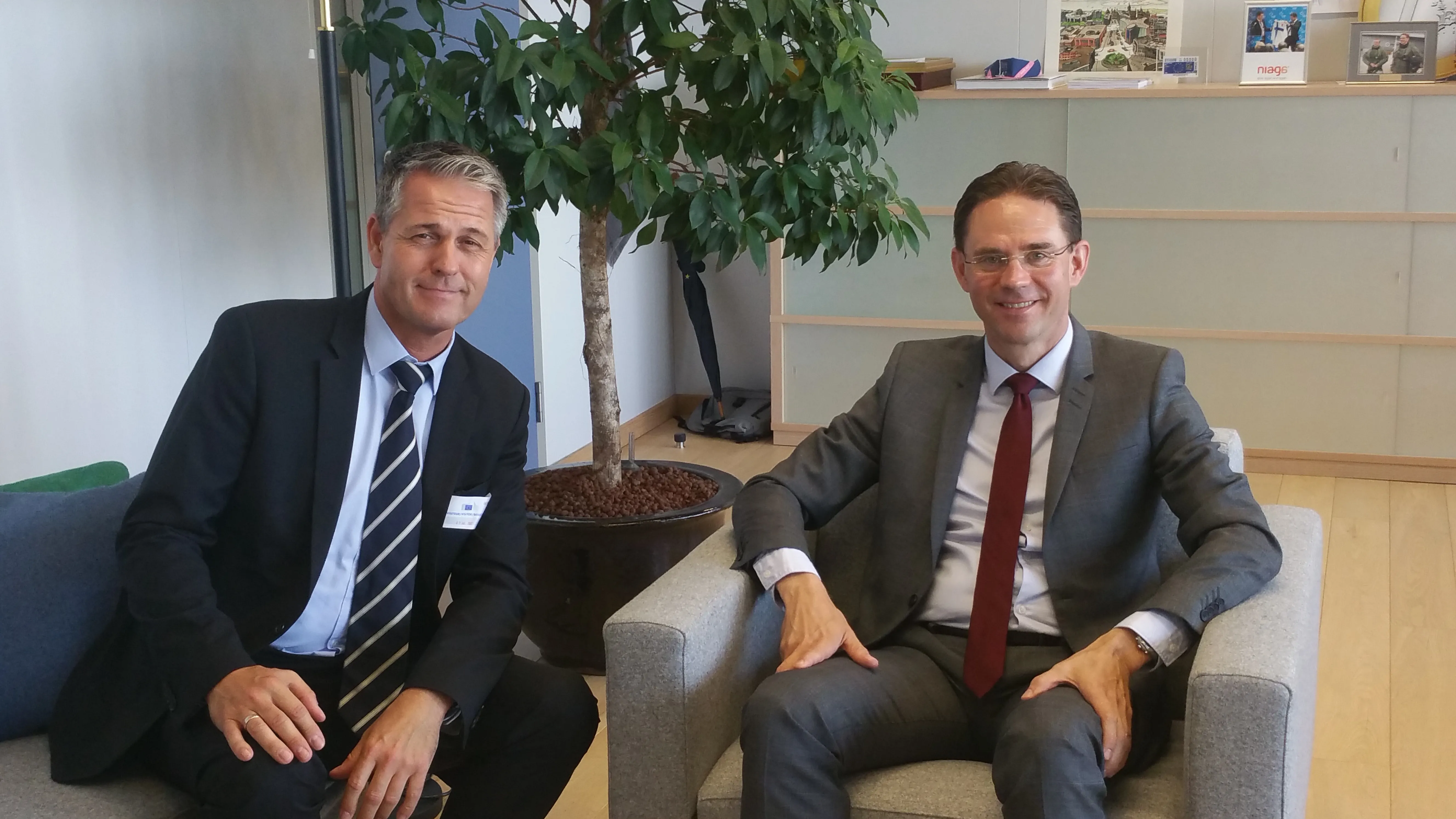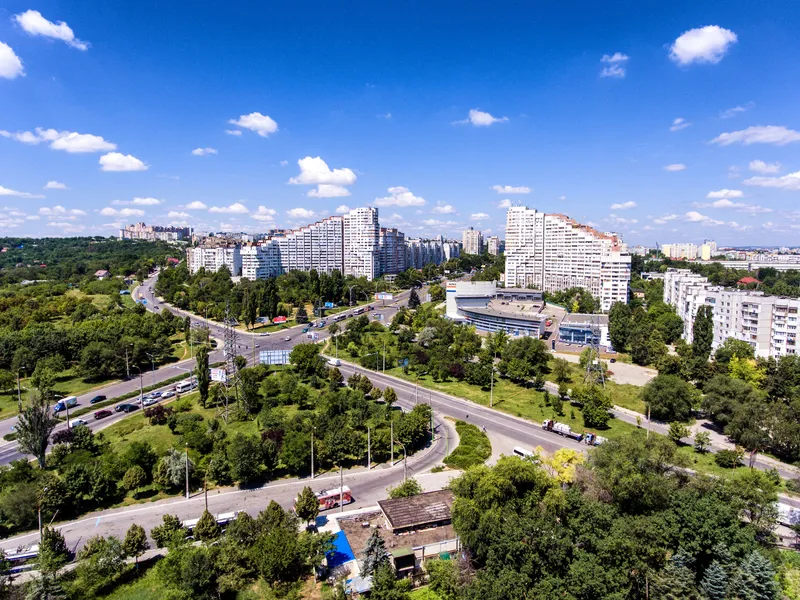Construction equipment body 3399 CECE has met with senior figures within the EU Commission to help safeguard the competitiveness of the European industrial base. This is intended to help create jobs and to instil new sustainable economic growth in Europe. As a result, the European manufacturing industry is requesting a far thinking industrial policy strategy and action plan at EU level. Commission vice-president Jyrki Katainen in Brussels and CECE president Bernd Holz discussed how vital a coherent industrial policy could be for the future of construction equipment manufacturing in Europe. Amongst the relevant points Holz highlighted market surveillance, international trade and regulatory compliance. Vice-president Katainen confirmed the EU Commission’s willingness and commitment to support EU industrial competitiveness and looks forward to receiving further input on policy measures and initiatives. Concluding the exchange Holz said, “I really appreciate the interest and the hands-on approach of Commissioner Katainen. I confirmed to him CECE’s readiness to deliver concrete examples of burdensome regulation, as well as new initiatives that we can put in place to reach the goal of 20% of EU GDP by industry.”
It is no secret that in the 2465 European Commission the initiative is an issue of controversy. Unanimous support, however, comes from the Member States expressed by the Competitiveness Council and endorsed by the Council Summit and from several MEPs from all political groups in the European Parliament. CECE is contributing input to the upcoming Parliament resolution calling on the Commission to propose the industrial policy strategy, to be adopted at its next plenary session on July 5th.
CECE’s main request is to give Europe’s manufacturing industry the means to increase the share of industry in the European GDP to 20% by 2020. The major fields of action defined include issues like reducing the administrative burden of complying with EU legislation, ensuring fair competition through better market surveillance, seeking greater international policy alignment to avoid technical barriers to trade, access to finance, digitalisation and new business models or investment in skills and talents.










